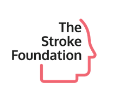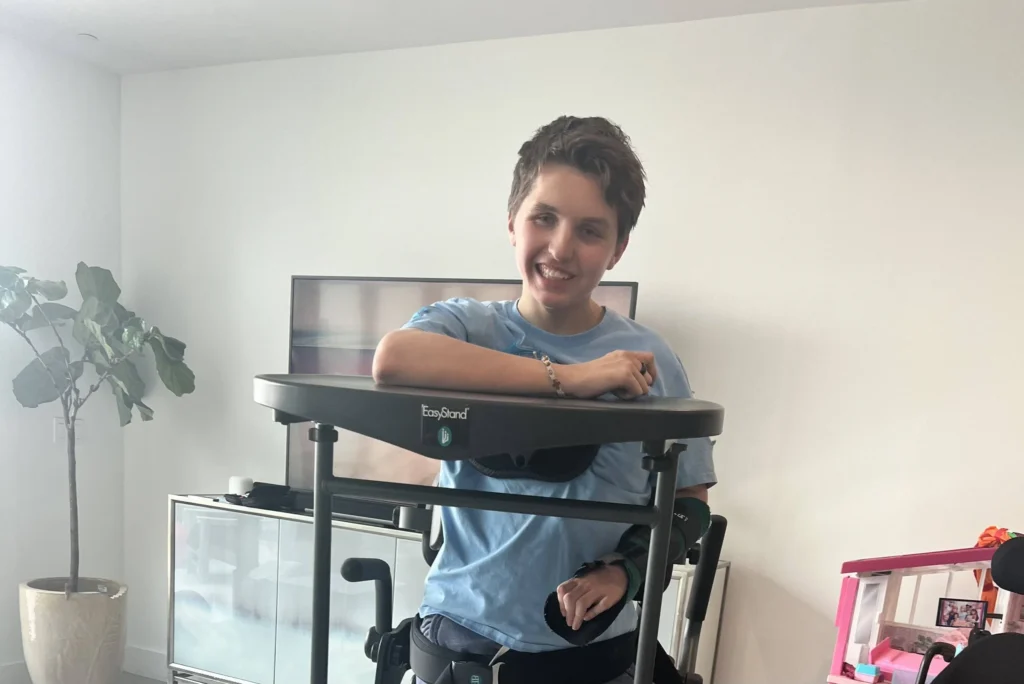It is estimated that 20-40% of stroke survivors will have some type of aphasia with varying degrees of impact in communication abilities. In this article we reviewed the different types of aphasia, and here we go over some tips that you may find useful when caring for a stroke survivor with aphasia.
Stroke survivors with aphasia have challenging days, every day. The stroke has affected their ability to speak, read, understand what is being said around them, and ultimately has changed their lives as they knew them. The inability to communicate can put an even tougher strain on the relationship between caregivers and survivors but there are tools you can use to help minimize stress and frustration.
- Make sure the surroundings are distraction-free
- Turn off the TV or radio, or ask people around you to lower their voices. Although we may be used to noise, a stroke survivor’s brain is very sensitive and an overstimulation (too many images, movement, noise, etc.) may make it more difficult to concentrate and communicate.
- Give them time
- It may take them a minute or two to find or say the words they are looking for. Don’t try to finish their sentences or guide them in any way.
- Ask “yes” or “no” questions
- Instead of asking questions like “What do you feel like eating?” try asking a question where the answer is either a yes or a no: “Do you want to eat chicken?”.
- Use visual aids
- If the person is able to write, give them a pen and paper to use when they need to communicate. If pen and paper aren’t options, print out images of common things around the house or things they might ask for often — that way the person can point to the object and ask for it without verbally communicating.
- Keep them involved
- It’s important to maintain the brain stimulated while recovering from a stroke — not just reading, writing and speaking, but also decision making and problem solving. Be sure to keep the person involved in daily activities and conversations, and encourage them to solve (small) problems on their own.
- Be patient and kind
- Stroke recovery is different for everyone; there is no timeline to follow. As a caregiver, your patience and kindness will encourage the stroke survivor to stay motivated and engaged, feel supported and understood, and ultimately leads to a better recovery journey.
Aphasia, or any form of speech impairment after a stroke, can be treated and managed. There are speech therapists that can provide treatment plans and solutions, and many resources online like aphasia.org with valuable resources accessible to all.





